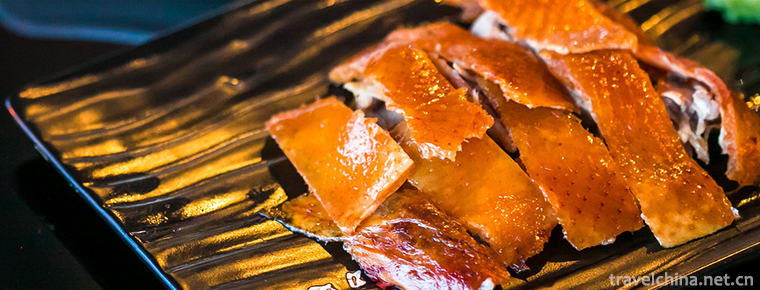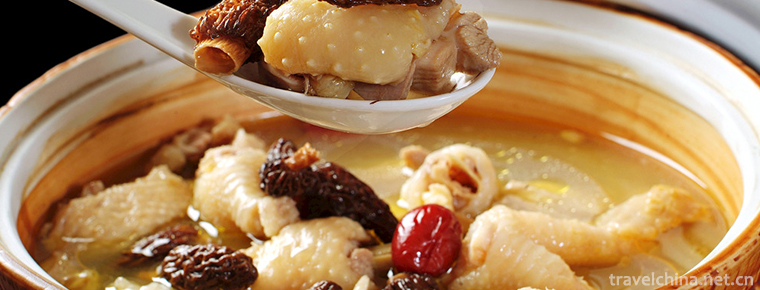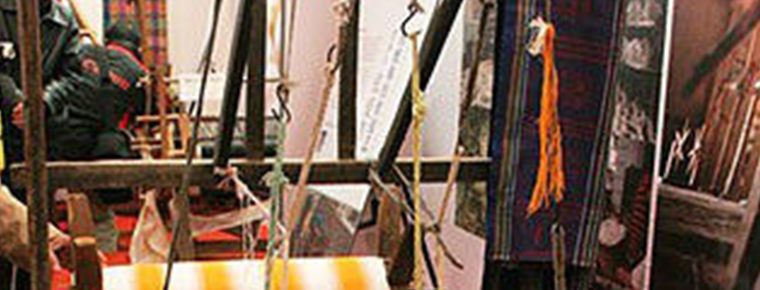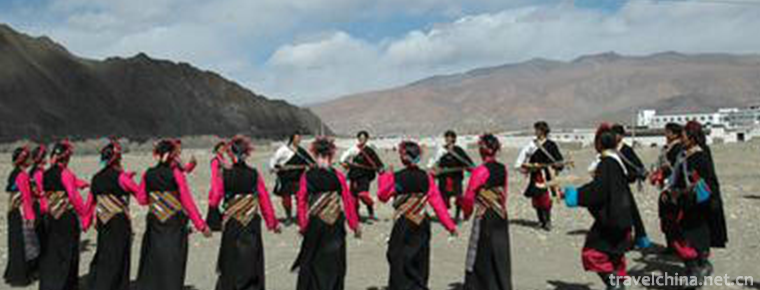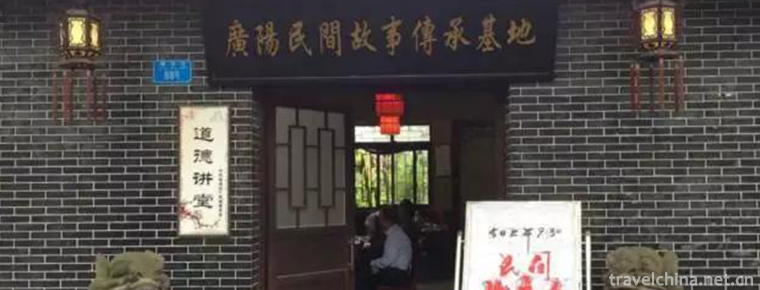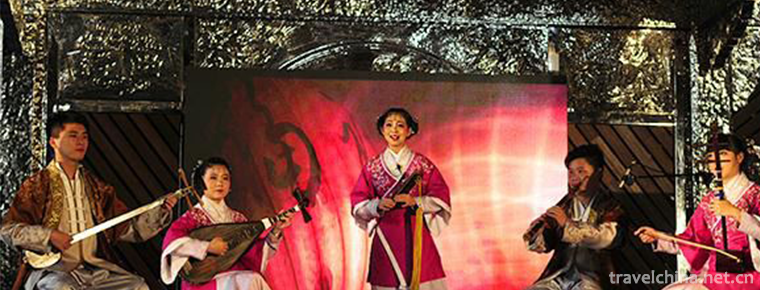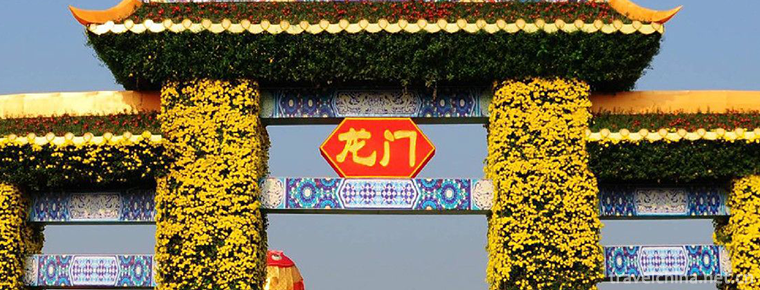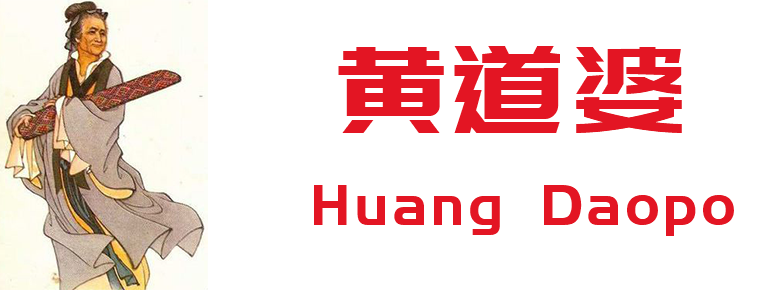Qinghai Han Minority Folk Minor
Qinghai Han Minority Folk Minor
Qinghai Han folk minor is one of the genres of Chinese folk songs. Generally speaking, it refers to folk songs and dances popular in town fairs. Through the spread of the past dynasties, and through more artistic processing, it has the characteristics of balanced structure, regular rhythm, delicate melody and gentle. There are many popular folk songs, such as ditties, slang, alley ballads, village ditties, folk decrees, popular songs, tunes, silk tunes, silk chords and so on.
In 2011, Qinghai Han folk minor was listed in the third batch of national intangible cultural heritage list with the approval of the State Council.
In May 2011, the Qinghai Han folk minors declared by Xining City of Qinghai Province were listed in the third batch of national intangible cultural heritage list with the approval of the State Council.
historical origin
The minor reflects a wide range of social life. It is not restricted by a specific social stratum and specific working environment. It reflects not only peasants, but also the love and marriage, separation and love, love and love, local customs, entertainment games, natural common sense, folk tales of various strata, such as urban small handicraftsmen and other workers, businessmen, citizens and even geisha, peddlers and pawns, monks and nuns, vagrants and beggars. Almost everything.
The emergence and development of minor has gone through a long period of time. Some narrative chapters in the Book of Songs have bred some factors of this genre. Xianghe Song in Han Dynasty is a form of singing accompanied by silk and bamboo. It is obviously different from apprenticeship ballads (such as solo songs). Xianghe Song can be said to be one of the sources of minor tunes. During the Wei, Jin and Southern and Northern Dynasties, folk songs of Yuefu appeared in time series, such as Midnight Four Seasons Song, Five Turns from the Army, Moon Festival Following Yangliu Song, from which we can see several kinds of traditional minor tunes widely spread in later generations, such as Four Seasons, Wugeng and December's body structure principle. By the Sui and Tang Dynasties, more folk songs were selected and refined, and became part of rap, singing and dancing performances, called tunes, which was also the early form of minor genres. After the Song and Yuan Dynasties, with the increasing prosperity of China's urban economy, minor has entered a mature stage of all-round development. On the one hand, many folk tunes introduced from the vast countryside to the city have become part of minor tunes through singing and processing by artists. On the other hand, Xiaoling and Santao, which rose in the Yuan Dynasty, gradually diverged from the stringent Southern and Southern Songs in the same style to meet the needs of the citizen class in the process of dissemination, and became a popular, smooth and graceful song that still retained the name of the song.
artistic characteristics
Qinghai Han folk minor is one of the genres of Chinese folk songs. Minor tune is a general term used only recently. Minor, also known as "ditty", "slang" and "tune of the hour", is a folk song used to express feelings, entertainment and recreation in people's daily life, as well as in wedding and funeral festivals. Because there are professional artists and semi-professional artists'singing, and they are inextricably linked with opera and opera, so there are more processing and refining components, less improvisation of words and songs, more stereotyped, more mature and perfect in art. So the minor is relatively widespread, covering cities and towns, and its content extensively involves the lives of people from all walks of life. Rural minor reflects rural daily life, especially the love and marriage life of rural women. Urban minor reflects the life of small handicraftsmen, businessmen, citizens, prostitutes and beggars at the bottom of society, as well as entertainment and play, natural scenery, life knowledge and folk stories. The minor shows delicate and tortuous feelings, regular forms and rich and varied expression techniques. According to different contents, minors can be divided into four categories: Lyric songs, funny songs, nursery songs and folk songs.
Most minors belong to the form of subsection song, a song with multi-paragraph words, often using four seasons, five gens, twelve-hour time series, multi-side, more detailed statement content. In order to meet the needs of multi-paragraph words, the melody expresses a certain mood (soft, sad or happy) concisely, with strong melody, fluent melody, tactful twists and turns, rich and changeable melody lines and strong expressive force. The performance of Meihu in Qinghai is different from that of Qin Opera. In Qinghai, the performance of Qin Opera is based on the singing, music and work of Shaanxi Qin Opera, often with the guidance of the "authentic Qin Opera" master. Meihu Opera, on the other hand, has a strong local flavor. Especially the Qinghai dialect, which is used for voicing words and making sentences, singing and speaking Bai, has absorbed many folk minors and flat-string music, and is more welcomed by the Qinghai people.
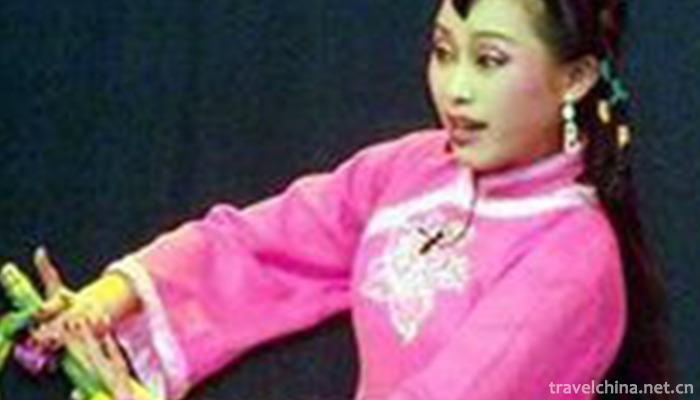

Qinghai Han Minority Folk Minor
-
Beijing Roast DuckPeking duck
Roast duck is a world-renowned Beijing dish, which originated in the Northern and Southern Dynasties of China. It has been recorded in the Record of Food Treasures and was a palace food at that time.P
Views: 165 Time 2018-10-27 -
Guangzhou soup
Guangzhou old fire soup is a traditional and famous dish, which belongs to Guangdong cuisine.
Views: 286 Time 2018-11-14 -
Taoyuan Xiangu Natural Scenic Area
Beijing Taoyuan Xiangu Scenic Spot is a national AAAA-level scenic spot. It is 90 kilometers away from Beijing. It starts from the West Bank of Miyun Reservoir in the East and reaches the top of Guanf
Views: 169 Time 2019-02-13 -
Weishan Lake National Wetland Park
Weishan Lake National Wetland Park, located in the southern part of Weishan County, Jining City, Shandong Province, is less than 3 kilometers away from the urban area.
Views: 226 Time 2019-02-22 -
Traditional Cotton Textile Techniques
Chinese traditional textile technology has a long history. Since cotton was introduced from India in the 7th century, Chinese textile industry has changed from linen to cotton.
Views: 242 Time 2019-04-19 -
Heap harmonics
"Heap Harmony" first spread in the Yarlung Zangbo River Basin, the high terrain west of Shigaze to the whole area of Ali circle dance, and later gradually prevailed in Lhasa. It was the firs
Views: 114 Time 2019-04-28 -
Folk Stories in Guangyang Town
"Guangyang Folk Stories" is the general name of folklores and stories widely spread in Guangyang Town. Guangyang folk tales are popular in the local area.
Views: 218 Time 2019-05-01 -
southern accent
Nanyin, also known as "string" and "Quanzhou Nanyin", is the oldest ancient music in China. During the Han, Jin, Tang and Song dynasties, the immigrants from the Central Plains bro
Views: 213 Time 2019-06-07 -
Xiaolan Chrysanthemum Club
Xiaolan Town, located in the middle of the Pearl River Delta, is an important town in Zhongshan City, Guangdong Province. Xiaolan has the reputation of "Chrysanthemum City". Chrysanthemum cu
Views: 294 Time 2019-07-06 -
Huang Daopo
Huang Daopo (1245 - 1330), also known as Huang Po , Yellow mother , Songjiang prefecture Wu Najing town (now Xuhui District, Shanghai) Huajing town People, famous at the end of Song Dynasty and early
Views: 143 Time 2019-09-07 -
Anhui Science And Technology University
Anhui Science and Technology University is located Anhui Province Chuzhou City Fengyang County and Bengbu City By the state Ministry of Education Approved full-time full-time undergraduate universitie
Views: 212 Time 2019-10-10 -
Meishan water resources
There are 27887 water conservancy projects in Meishan City; there are 15 rivers with a drainage area of more than 100 square kilometers. Among them, Minjiang River flows through Pengshan, Meishan and Qingshen counties from north to south, with an internal flow length
Views: 338 Time 2020-12-18
